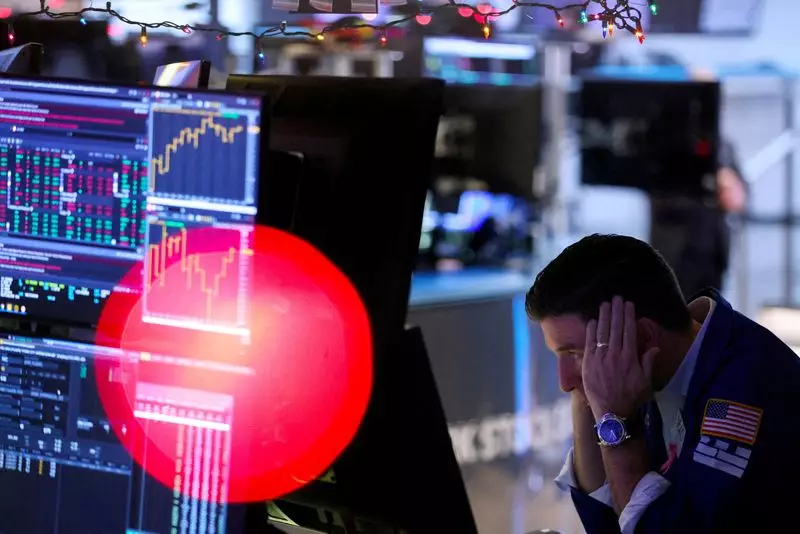In today’s volatile economic landscape, marked by geopolitical tensions such as the ongoing conflict in the Middle East, investors face significant risks that can impact their portfolios. Analysts at UBS emphasize a strategic approach centered on diversification to mitigate potential losses stemming from these unpredictable events. The importance of this tactic cannot be overstated; diversification not only helps in spreading risk but also in capturing opportunities across various sectors, thereby enhancing the potential for returns even amidst turmoil.
The current state of affairs, particularly concerning the intense situation between Israel and Hezbollah, poses noteworthy risks. There is a palpable concern regarding broader regional instability, especially given the possibility of involving major players like Iran and the United States. Should tensions escalate further, particularly affecting key energy routes such as the Strait of Hormuz, investors would do well to prepare for potential disruptions in oil supply. Such events could catalyze a surge in energy prices and lead to wider financial instability, impacting markets globally.
UBS advocates for maintaining a well-diversified portfolio, thereby allowing investors to shield their investments from sector-specific downturns while remaining invested to capitalize on an overall favorable macroeconomic environment. Oil-associated assets have been highlighted as a protective measure against energy-related disruptions. Even though oil prices have shown stability thus far, experts warn that a significant crisis could elevate Brent crude prices past the critical threshold of $100 per barrel for extended periods.
In light of such potential crises, the inclusion of gold in investment portfolios is gaining strong recommendations from analysts. As a historical safe-haven asset, gold becomes particularly essential during times of geopolitical unrest. Its intrinsic value tends to increase when investor sentiment turns negative, driven by factors such as central bank buying and a higher demand for jewelry during seasonal peaks. Presently, gold prices have surged nearly 30% in 2023, with analysts anticipating further increases as expectations for rate cuts by the U.S. Federal Reserve come into play.
Moreover, maintaining exposure to high-quality credit assets can provide much-needed stability in a fluctuating market. These assets tend to be less susceptible to the immediate impacts of geopolitical strife, offering a buffer for investor portfolios. As the Israeli shekel faces depreciation due to the current conflict, there is heightened scrutiny on the nation’s economic health. However, it is critical for investors to focus on broader economic indicators and remain optimistic that, as long as the conflict does not escalate regionally, international markets could exhibit resilience.
The current geopolitical climate necessitates astute investing strategies to navigate uncertainty. By embracing a well-rounded approach—characterized by portfolio diversification, wise allocation to gold and oil assets, and the inclusion of high-quality credit—it may be possible to not only safeguard investments against individual risks but also find opportunities for growth even in tumultuous times. As global events unfold, investors should stay informed and agile, ensuring they adapt their strategies in alignment with emerging trends and market signals.

